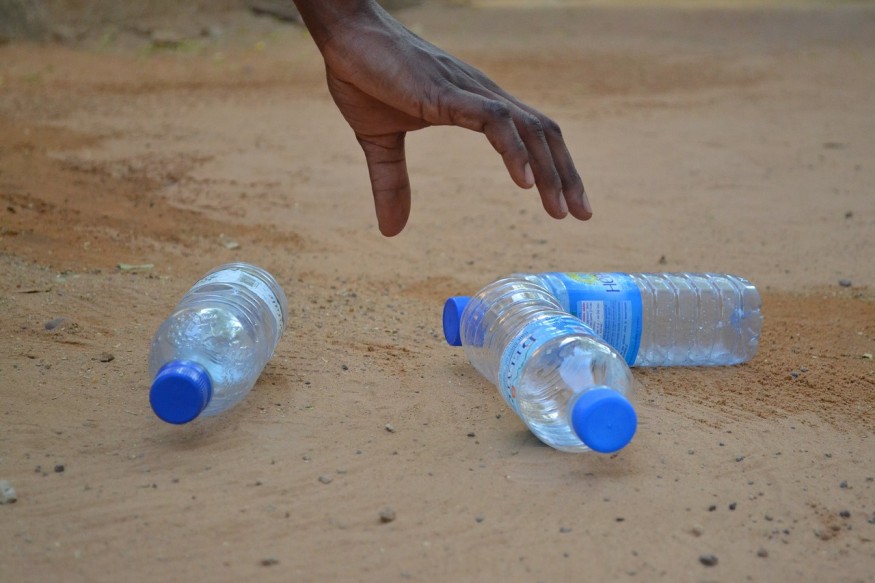Consumption of bottled water has increased for the past years on a global scale, partially explained by subjective perceptions of consumers like the taste, odor, and lack of trust.
According to Science Daily, a study led by researchers from the Barcelona Institute for Global Health (ISGlobal) analyzed the health and environmental impacts of individual water consumption in the city of Barcelona.
The study, "Health and environmental impacts of drinking water choices in Barcelona, Spain: A modeling study," published in Science of the Total Environment, looked at which between the bottled water and tap water is the best option that offers overall benefits.

Bottled Water vs. Tap Water
AZO Cleantech reported that most of the health and environmental impacts were analyzed separately because of the varied techniques implemented and resulting outcomes. Human health Impacts were analyzed using Health Impact Assessment (HIA), while environmental impacts were analyzed using Life Cycle Assessment (LCA).
But the recent study combined the HIA and LCA in one analysis to overcome methodological barriers. Researchers focused on the tap water in Barcelona due to its availability. Meanwhile, LCA was conducted with a software method called ReCIPe that allowed them to check the damage to ecosystems and resource availability.
Moreover, the method also enabled scientists to estimate the indirect impacts of manufacturing tap water and bottled water on human health. The HIA used data from the Barcelona Public Health Agency to check the levels of chemical compounds in the water supply and water consumption.
Results showed that if the whole of Barcelona only uses bottled water, the production cost will increase per year due to the extraction of raw materials and will likely cause 1.43 species to go extinct each year. That means using bottled water is 1,400 times more impactful in ecosystems and 3,500 times more costly compared to a scenario when the whole city shifts to tap water.
Study first author Cristina Villanueva said that despite the increased tap water quality in Barcelona, it had not mirrored the increase of tap water consumption. That could be explained by the personal perception of consumers rather than quality.
She added that the perceived presence of harmful chemicals in tap water, as part of the disinfection process, is associated with bladder cancer. But the study showed that the high quality of tap water in Barcelona reduces any health risk, especially compared to the overall impacts of bottled water.
The study estimated that if the whole population of Barcelona shifts to tap water, the overall number of years of life lost in the city will be 309. That is equivalent to an average of two hours of lost life expectancy.
Filtered Tap Water Will Be a Good Alternative
Considering the concerns in tap water consumption, experts suggest that domestic filtration of tap water could decrease the risk of overall lost life expectancy and lower the number of lost life to 36, Science Daily reported.
Cathryn Tonne, another author of the study, said that the findings suggest tap water is better than bottled water based on both health and environmental effects. Using domestic tap water filters will improve its taste and odor and reduce harmful chemicals, which makes filtered tap water an alternative.
She added that although the data for environmental impacts is not enough, it is obvious that using tap water has lesser adverse effects on the ecosystem than bottled water. But they also acknowledge that maintenance of domestic water filtering devices needs adequate maintenance for proper performance and avoid pathogens.
RELATED ARTICLE : Fluorescence Used to Monitor Water Quality by Detecting Hydrocarbons and Pesticides in Real-time
Check out more news and information on Water Quality in Science Times.
© 2026 ScienceTimes.com All rights reserved. Do not reproduce without permission. The window to the world of Science Times.











